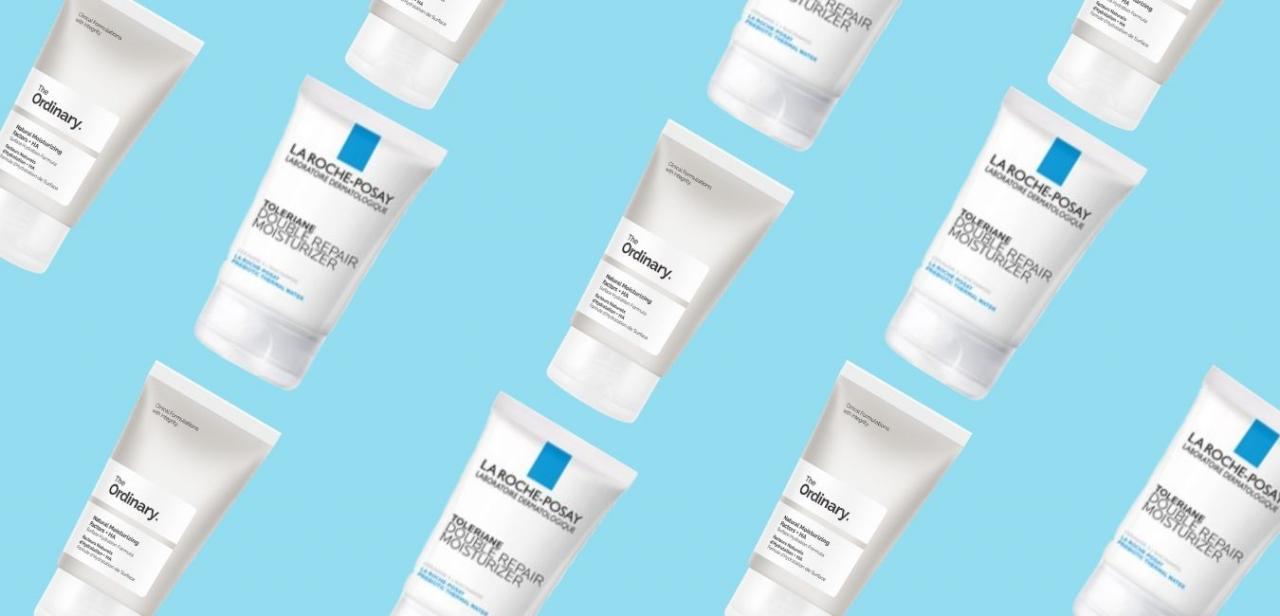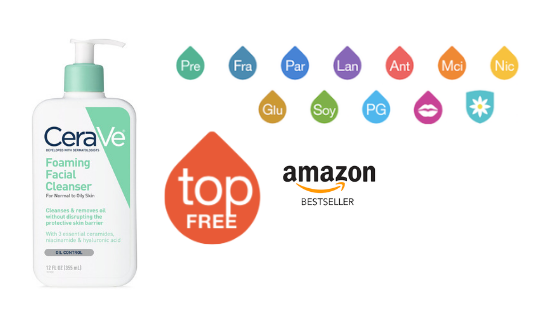Accutane has been touted as a miracle drug for acne due to the amazing results some people have experienced, particularly those with scarring acne. However, a recent study has found that there is an increased risk in developing inflammatory bowel disease in people who have taken the drug. Accutane has a long and controversial past and some wonder--will this news finally take it off the market?
Accutane has been used by over 13 million people and until recently, had been a 200 million dollar money maker for Roche Pharmaceuticals. However, Accutane also has a significant history of side effects ranging from depression and suicide to birth defects and the company is involved in nearly 1,000 lawsuits. This past February a case was settled in N.J. for $25 million dollars to a man who developed inflammatory bowel disease after taking the drug.
Roche pulled Accutane from the market last June claiming they had stopped manufacturing it due to legal expenses, not due to safety concerns. Although Roche has stopped making Accutane, generic Accutane sold as isotretinoin is still available and prescribed.
What has kept Accutane on the market all these years is its success at treating acne unresponsive to other medications. According to the L.A. times, improvement has occurred in 99 percent of patients and 70 percent have been cured using the medication.
A recent study has found that the users of Accutane had twice the risk of developing inflammatory bowel disease and almost four times the risk of developing ulcerative colitis than those who had not used the drug. This risk increased the longer the person stayed on Accutane. People usually take the drug daily for three to six months.
Other previous studies have shown that Accutane does not cause an increased risk of inflammatory bowel disease including a large study published last July in the American Journal of Gastroenterology performed in Canada.
According to Dr. Seth Crockett, lead researcher of the study showing increased bowel disease risk, it is important to remember that overall, the number of people diagnosed each year with these diseases is low, five to ten per 100,000 . “There is no biological explanation for why isotretinoin might increase the risk of bowel disease”, he reported in the LA times.
The difficulty of pulling a drug like isotretinoin off the market entirely is that while it has clearly documented health care risks, there are those who state that the emotional and psychological scarring of acne is worse than the acne itself. There are people who feel that Accutane has given them their lives back and they would gladly take it again, risks accepted, to no longer suffer from this physical deformity.
The alternate argument is that no one has ever died from having acne but people have died and will die from the side effects of this dangerous drug. Where do we draw the line on when it is okay to use a drug known to be harmful and when do patients have the right to say they are willing to take that risk to improve their quality of life?
sources:
www.aboutlawsuits.com/accutane-lawsuit-inflammatory-bowel-disease-verdict-8334/
www.latimes.com/news/nationworld/nation/la-sci-accutane7-2009nov07,0,6772351,full.story
Michele is an R.N. freelance writer with a special interest in woman’s healthcare and quality of care issues. Other articles by Michele are at www.helium.com/users/487540/show_articles





Add a Comment6 Comments
IBD is just one of many side effects that is the result of Accutane, that's why it's no longer on the market. Here is a full list of the side effects Accutane has been linked to and why the drug has attracted a significant number of lawsuits.
June 10, 2010 - 2:03pm(Link removed by moderator.)
This Comment
Thank you for your comments. As a non lawyer, I used the term settled to mean the case ended with that result and I appreciate your addition of the more insider view of why Roche stopped making Accutane. Accutane appears to be a drug full of controversy and paradox, a both very bad but very helpful drug. I absolutely agree that the warnings need to be magnified and the FDA should take a stronger stand.
"Do you think users should take chemotherapy for acne when they do not have cancer." Some drugs do start with one use and other effects and benefits are found so their use is expanded and all drugs carry risks. In terms of accepting risk, some people are using a Glaucoma drug to grow longer eyelashes and accept the risks of potentially damaging their eyes.
So, clearly people, what ever the motivation are willing to risk their health for whatever benefit a drug may offer. I think the line of when to use a treatment is unclear. Who should be deciding if the risk is worth the benefit?
June 10, 2010 - 5:31amThis Comment
Michelle your points are well taken. The key issue legally is the patient has a right to know what the risks are and the mfg. has a duty to warn the patient. Ultimately it is up to the patient to make a risk/benefit analysis for their particular situation. Accutane was only to be prescribed for the most severe of accutane cases. What happened is it became a miracle drug for acne and dermatologists started prescribing it to patients with just a pimple. The dermatologist love the drug because when all else failed they could put the patient on accutane and clear up the acne. The only problem is patients are not being adequately warned of the potential side effects. If they just put a adequate warning label on the drug there would have been no lawsuits.
June 10, 2010 - 6:54pmThis Comment
I did a bit of searching specifially about the case in N.J. and it appears there were warnings on the insert of the drug but the jury felt that the warning were not clear enough. It did say that if some experiences these symptoms, they should report it to their doctor an discontinue the drug.
http://info.courtroomview.com/Blog/?Tag=Accutane
The warnings indicated that there is a risk of getting IBD with accutane but because they used the words "temporary" and "associated" the jury felt that that wasn't strong enough.
Now, in general, if I was to do a study about how many people really review the written side effects of a drug I think we would find that the majority throw away that package insert and never read it or even the short side effect sheet pharmacies send out with the prescription.
I absolutely agree that medication is prescribed without proper explanation by doctors and that many medications are over prescribed. Overall though, I think people need to take a greater role in protecting themselves from any treatment, insist on knowing why they are receiving any drug, the alternatives and take a larger responsibility for their own health.
June 11, 2010 - 8:13amThis Comment
I have been representing accutane victims since 2003. The problem here is that the manufacturer Hoffman La-Roche know about dangerous side effects including IBD, Ulcerative Colitis and Crohns disease and never warned users of the drug. This drug was sold as a chemotherapy drug in Europe before it was sold in the US. Do you think users should take chemotherapy for acne when they do not have cancer. The manufacturer made millions of dollars on this drug without appropriate warnings. The McCarrell case went to a jury veridct as well as 6 others totaling over $50 million in jury awards. It is now being sold in a generic form and still no warning label on GI risks. The FDA should do something about this sooner rather than later. (Link removed by moderator.)
June 9, 2010 - 8:08pmThis Comment
This story is factually inaccurate in a couple of key respects. First of all, the McCarrell case was not "settled" -- that implies a voluntary agreement to pay, and Roche vigorously defended this case before a jury. Secondly, Roche did not withdraw Accutane because of mounting legal costs. Although that was acknowledged as one consideration, the primary reason was that after seven years of tough competition with three generic drug makers, Roche no longer could enjoy high "name brand" prices and exited the isotretinoin market with a very small share.
June 9, 2010 - 6:59pmThis Comment